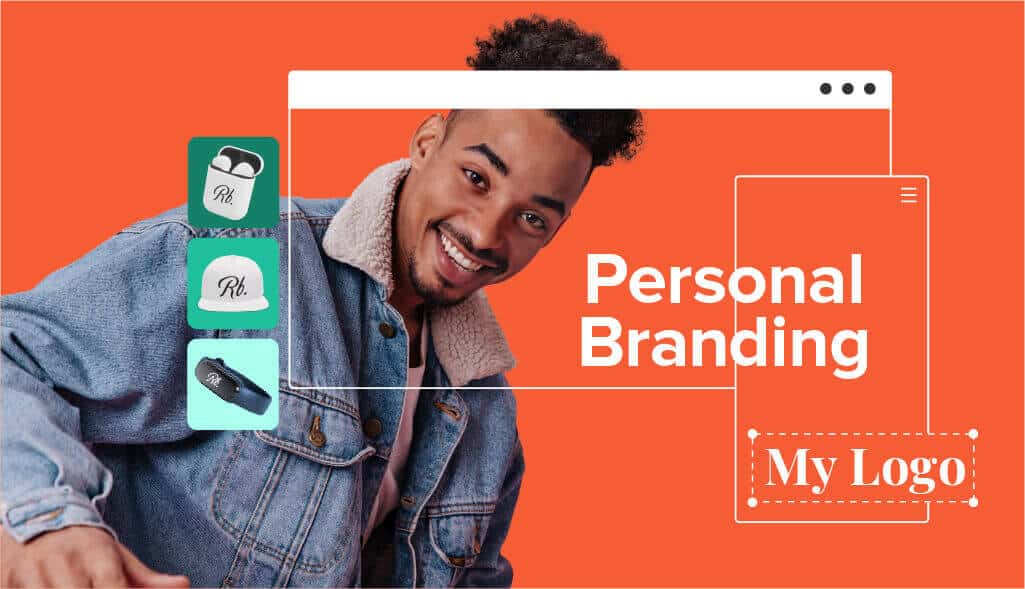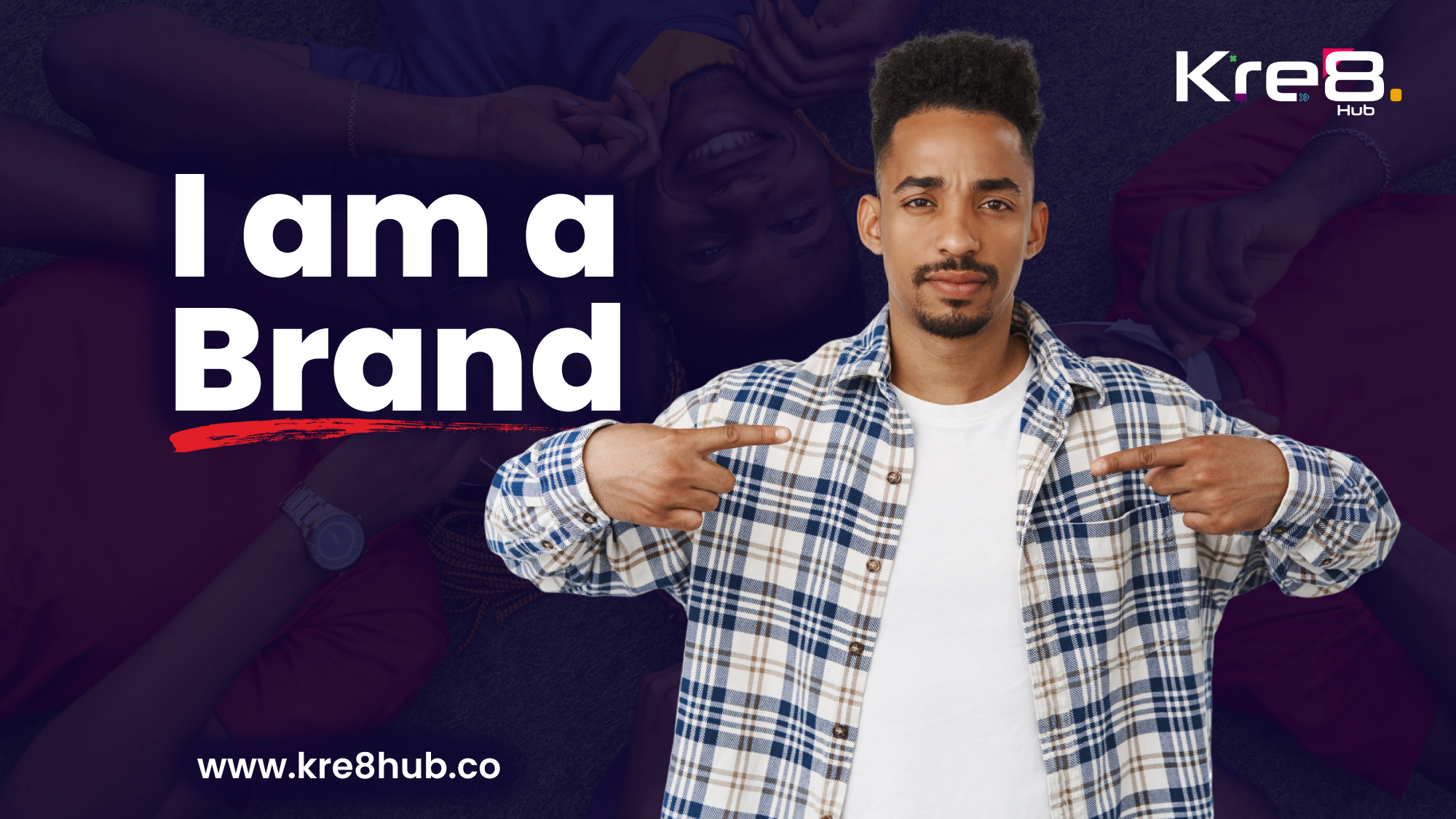The Power of Personal Branding
How other people view you as a person does matter, but to varying degrees depending on the context. First impressions can influence opportunities, relationships, or trust. Your networking abilities will let others know your competence, values, and personality. Generally, how people perceive you can truly affect how they interact with you, impacting all your relationships, whether personally or professionally. How do people within your network perceive you? How do others speak about you when you’re not in the room? In this article, we’ll show you the power of personal branding, and the guidance you need to take to create your own personal brand.
So, what is Personal Branding?
According to Wikipedia, it is a strategic process aimed at creating, positioning, and maintaining a positive public perception of oneself by leveraging unique individual characteristics and presenting a differentiated narrative to a target audience.
In simple terms, it is how you deliberately and intentionally plan to present your value to a certain community or industry by use of your strengths, skills, achievements, or expertise.
Unlike business branding, personal branding aims to influence opinions and build long-term, meaningful professional and personal connections. It focuses on authenticity, personal stories and reputation, and often supports career advancement, networking or even personal growth.

Why does Personal Branding matter?
Personal branding builds trust and credibility. Are you a reliable person? Competent? It makes people to likely trust your skills, knowledge and your character. It helps you stand out from a crowded market by showing off your unique strengths and qualities and differentiates you from the competition. As a result, it creates new opportunities like partnerships and job offers, without actively searching, and enhances your career growth. You’ll slowly start building a network of like-minded people who share the same values, which then welcomes space for collaboration, mentorship or even support.
Personal branding provides control over your narrative, it ensures that your story and goals align. It gives you confidence and boosts your self-esteem that helps you to navigate through personal or professional spaces more effectively. Ultimately, a strong personal brand never goes outdated, it evolves with you and provides value throughout your life and career.
A strong example of this narrative is Oprah Winfrey, who is collectively known as “The Empathetic Influencer.” According to Brand Credential, she has built a media empire due to her ability to connect with people on a deep, emotional level. Her work’s goal is to create a space where people feel seen, heard and inspired, and her story of overcoming adversity and making a significant impact in media underscores her brand, making it relatable and aspirational.
How do you start building your Personal Brand?

Building a strong personal brand is all about authenticity, uniqueness, consistency, clarity, online presence, networking, and continuous growth.
In Harvard Business Review’s article on “A New Approach to Building Your Personal Brand”, it highlights a seven-step process on how to build your personal brand;
- Defining your purpose
Answer the following questions: What is your vision and mission? What are your values? What are your interests? What are your goals? Who is your target audience? What impact do you want to have to others?
Write a personal value proposition, highlighting four components: your target audience, value to provide, competitive cohort, and distinctive capabilities.
2. Audit your personal brand equity
Assess who you are right now. What do people know, think or say about me? (Ask your truth tellers to give you objective feedback)
List your qualifications, social connections, and cultural experiences to understand your strengths.
Compare your attributes with others in your field to identify your unique points of difference.
3. Construct your personal narrative
Craft meaningful stories that communicate your brand.
Share illustrative stories about experiences where you stood out or embodied your brand.
Use storytelling to make your personal value proposition more memorable and impactful.
4. Embody your brand
Be aware of the messages you communicate in everyday interactions.
Use intentional responses to reinforce your brand in conversations.
Introduce personal narratives in small talk and formal discussions to highlight your brand attributes.
4. Communicate your brand story
Create a media plan to strategically spread your personal brand.
Utilize owned media (social media, websites, content creation), earned media (press mentions, recommendations, referrals), and paid media (ads, influencer marketing) to increase brand awareness.
Tailor your communication tactics to your target audience and the platforms they use.
5. Socialize your brand
Identify key gatekeepers, influencers, promoters, and communities to help amplify your brand.
Reach out to people who can provide credibility, influence, or access to opportunities.
Ask for small, specific requests to help spread your brand and increase your visibility.
6. Reevaluate and adjust your brand
Regularly assess how your brand aligns with your professional and personal context.
Conduct an annual audit to identify areas of improvement and strengths to build on.
Seek feedback from trusted individuals to ensure your brand is being received as intended.
Adjust your brand based on feedback and your evolving goals and circumstances.
Common Mistakes to Avoid in Personal Branding
- Inconsistency: You could mislead your audience by not presenting a consistent message or image across every platform. Ensure your audience gets a clear and unified impression of yourself.
- Trying to Appeal to Everyone: Extending yourself excessively can weaken your brand. Pay attention to a certain target audience.
- Neglecting Authenticity: Pretending to be someone you’re not can undermine trust and credibility.
- Ignoring Offline Branding: Focusing solely on online presence while neglecting real-world interactions can limit your impact.
- Over-promoting: Too much self-promotion can come out as forceful or inauthentic; instead, concentrate on adding value.
- Lack of Focus: Failing to clearly define your brand’s purpose or goals can lead to confusion and missed opportunities.
- Not Evolving: Embrace growth. Your brand may become irrelevant if you continue to use antiquated tactics or refuse to adapt to change.
“Personal Branding is not about you. It’s about putting your stamp on the value you deliver to others.”
– William Arruda.
Personal branding is no longer optional; it is a necessity in today’s competitive and ever-evolving world. By understanding and embracing the key elements of authenticity, consistency, and strategic growth, you can create a strong personal brand that differentiates you from the rest and attracts new and profound opportunities. Remember, building a personal brand takes time and effort, but the rewards in terms of career growth, meaningful connections and personal development are invaluable.
Start today, be genuine as you can be, and let your brand do the talking. The world is waiting to hear your story.



